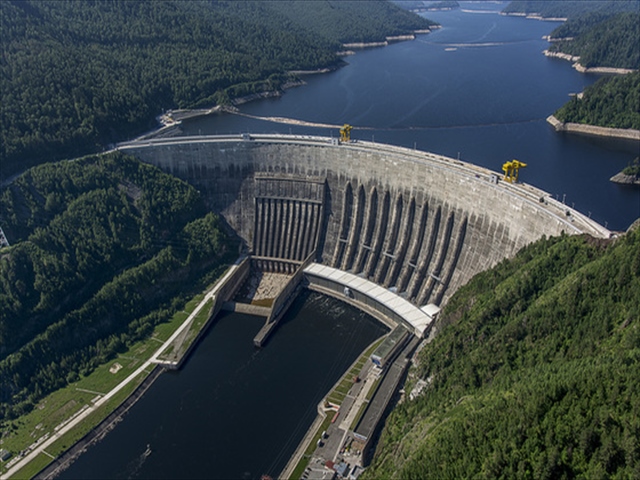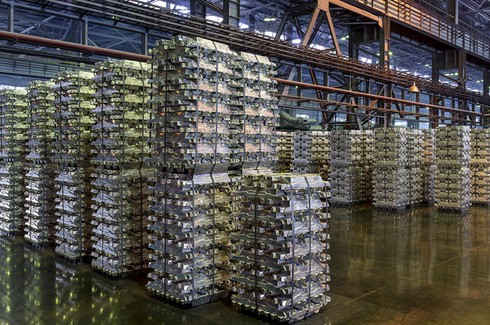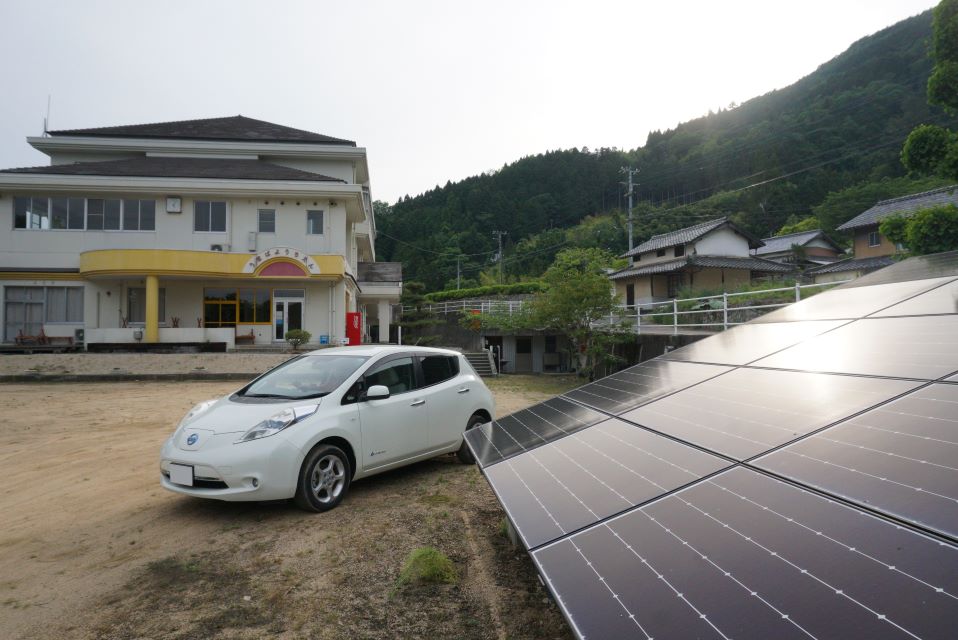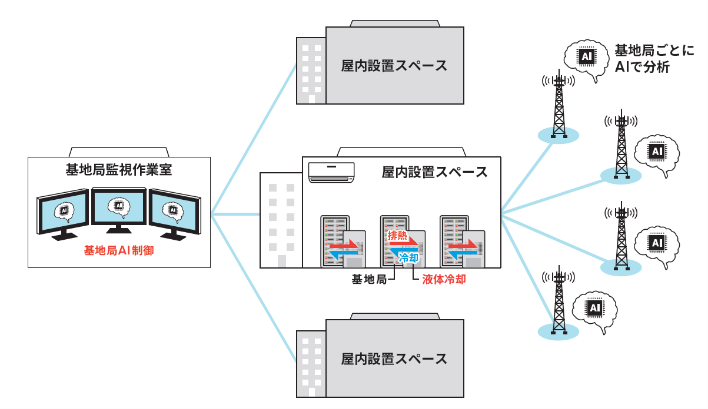Contribution for decarbonization with Green Aluminium
Rusal Japan Co.,Ltd
Outline
Rusal Japan is the Japanese subsidiary of Rusal, a major aluminum producer in Russia. RUSAL is the leader of the global aluminium industry and a leading low-carbon aluminium producer. More than 90% of the Company's aluminium is produced from renewable electricity, and by implementing innovative and energy-saving technologies RUSAL is able to reduce greenhouse gas emissions at all production stages. In 2020, the Company accounted for about 5.8% of global production of aluminium, 6.5% of alumina production and 44% of RUSAL’s production accounts for value added products. RUSAL's offices are operating in 20 countries all over the world and across 5 continents.
The carbon footprint of the Company’s low-carbon aluminium under the brand ALLOW is 2.4 t CO₂ eq/tAl. This is 5 times lower than the industry's average 12 (Scope 1 and 2, at smelter). By communicating the usefulness of green aluminum in reducing CO₂ emissions to the Japanese market and encouraging its widespread use, we hope to contribute to the reduction of CO₂ emissions in the procurement of Scope 3 raw materials by customers, thereby contributing to the realization of a decarbonized society in Japan.
Description
The En+ Group, to which Rusal belongs, has announced the industry-leading targets for greenhouse gas emissions reduction, with a clear ambition of achieving net zero emissions by 2050 plus a stretching 35% reduction by 2030. Since aluminum smelting requires a huge amount of electricity, there is a big difference in CO₂ emissions depending on whether the electricity used is from renewable energy sources or not. More than 70% of the world's aluminum is smelted using non-renewable energy sources, and only about 20% of the world's aluminum is so-called "green aluminum" with less than 4 tons of CO₂ equivalent (Scope 1 & 2, at smelter).
Every shipment of RUSAL’s low-carbon aluminium ALLOW comes with independently verified carbon footprint statements from its smelter of origin, providing full traceability to source for customers. This contributes to transparency and comparability in reducing Scope 3 CO₂ emissions by consumers.
With regard to the decarbonization of the aluminum industry in Japan, the goals are mainly focused on aluminum recycling, including increasing the use of recycled materials in wrought products, new initiatives for horizontal circulation, and the establishment of a new system of technologies for resource recycling. Aluminum recycled materials have low CO₂ emissions, and it goes without saying that it is important to utilize them in order to reduce the use of new aluminum ingots, which are dependent on imports.
However, studies have shown that the ratio of scrap recovery and recycling from end-of-life products is only over 20%. Even if the recycling rate is improved through various efforts in sorting and processing technologies development, it will be necessary to continue using a certain amount of primary aluminum.
Therefore, it is important to make efforts throughout the entire raw material procurement process, i.e. how to reduce CO₂ emissions from primary aluminum ingots in parallel with aluminum recycling. Selecting "green aluminum" as a primary aluminum source enables maximizing the reduction of CO₂ emissions in combination with the use of recycled materials.
In January 2021, En+ Group/RUSAL announced its ambitious to bring emissions down by 35% by 2030 aiming for carbon neutrality by 2050. Achieving our targets will require improvement and transformational innovation across the entire production chain. This means significant work across the business, unprecedented investment in major scientific advances such as our pioneering inert anode technology and critical industrial process improvements, as well as implementation of GHG neutralisation initiatives for the hardest ‘last mile’ emissions. Recently En+ Group has published its Pathway to Net Zero Report, which provides in comprehensive detail the initiatives being undertaken across the En+ Group to achieve its sector-beating target.
Among the corporate decarbonization workstreams, Rusal is trailing breakthrough inert anode technology. In the conventional aluminum smelting process, carbon materials are used as anodes, but the new technology uses inert anodes, which eliminates the generation of CO₂ during smelting and significantly reduces GHG emissions. This year, thanks to this technology Rusal successfully produced aluminium with the industry's lowest carbon footprint - less than 0.01 tonnes of CO₂ equivalent per tonne of metal (Scope 1, Scope 2 - direct and indirect energy emissions).
First successful beta-tests with aerosol and beverage cans were achieved in 2021. More value-chain partnerships are underway for other applications.
Similar Innovation Challenges
Accelarating the penetration of renewable energy resources with “Open Energy System”
Sony Group Corporation
Achieving net-zero carbon emissions from plant factories using full artificial lighting
Taikisha Ltd.
Advanced technology for buildings providing energy-saving and comfortable indoor environment (under Net Zero Energy condition)
Mitsubishi Electric Corporation
AI control reduces base station power consumption by up to 50%
KDDI CORPORATION






